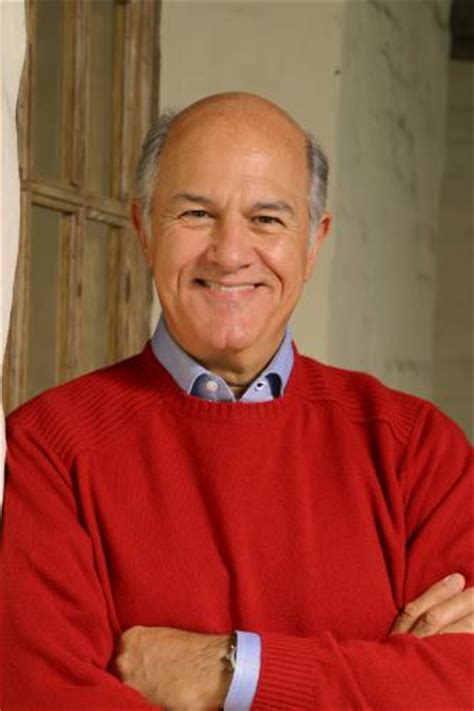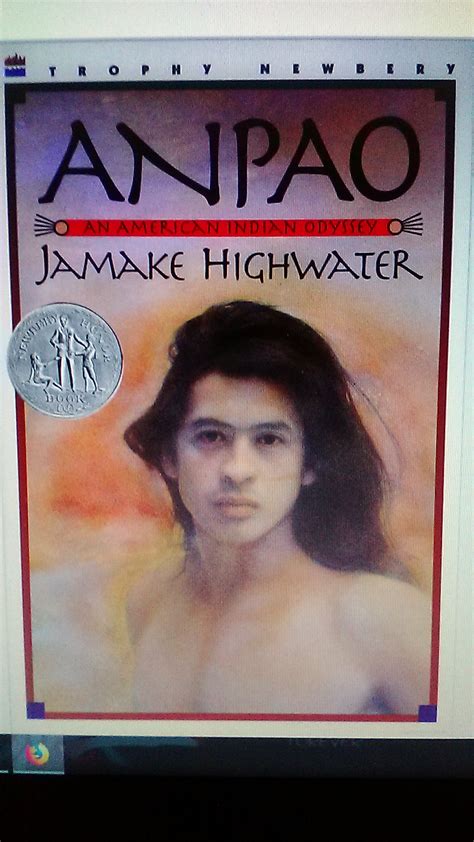A Quote by Cotton Mather
History is the story of events, with praise or blame.
Related Quotes
Do you know this Sanskrit Shloka: "Let those who are versed in the ethical codes praise or blame, let Lakshmi, the goddess of Fortune, come or go wherever she wisheth, let death overtake him today or after a century, the wise man never swerves from the path of rectitude." Let people praise you or blame you, let fortune smile or frown upon you, let your body fall today or after a Yuga, see that you do not deviate from the path of Truth.
The history of life is more adequately represented by a picture of 'punctuated equilibria' than by the notion of phyletic gradualism. The history of evolution is not one of stately unfolding, but a story of homeostatic equilibria, disturbed only 'rarely' (i.e. rather often in the fullness of time) by rapid and episodic events of speciation.
Who shall blame whom, who praise whom? Whom to seek, whom to avoid? I seek none, nor avoid any, for I am all the universe. I praise myself, I blame myself, I suffer for myself, I am happy at my own will, I am free. This is the Jnâni, the brave and daring. Let the whole universe tumble down; he smiles and says it never existed, it was all a hallucination. He sees the universe tumble down. Where was it! Where has it gone!





































